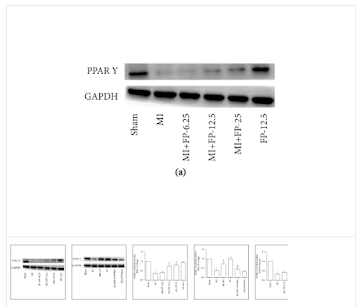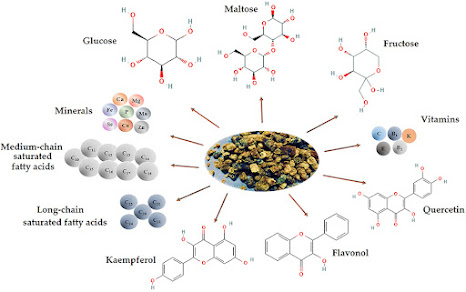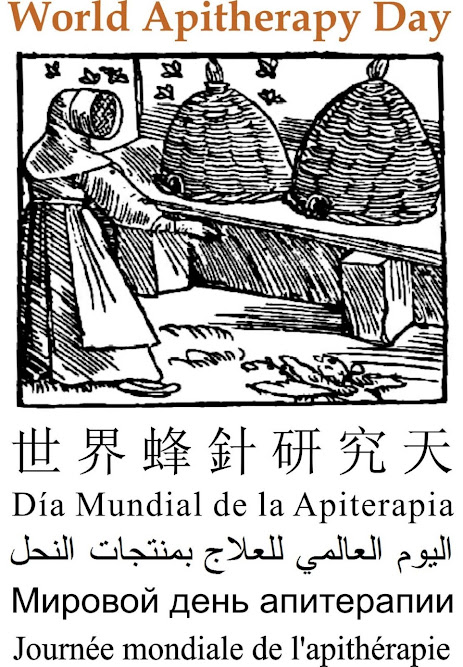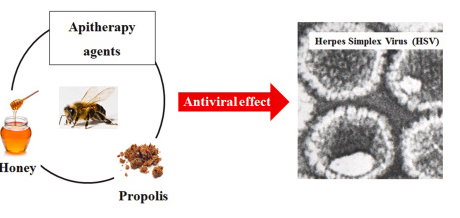Middle East Monitor
From inside his small shop in souk in the centre of the Sudanese capital, Khartoum, Abdullah Al-Sarraj was able to make bee stings an "effective and rapid treatment" for people who are suffering from chronic diseases.
In the shop with its own distinctive buzz, Hamza grabs forceps and gets to work with the bees. He says treatment by bees was mentioned in the Quran and everything that comes from the stomach of bees is healing, including the honey and wax, but he says even the venom from their sting can heal.
He says he uses the bees' sting to treat ailments by inserting them into specific sites on a patients' body depending on the disease being treated, adding that the "stings relax the nerves".
Al-Sarraj is considered one of the oldest therapists of this type of alternative medicine in Khartoum.
Bee venom contains "a treatment for about 140 diseases, because it contains organic, non-chemical medicinal substances that do not cause side effects," says Al-Sarraj.
From inside his small shop in souk in the centre of the Sudanese capital, Khartoum, Abdullah Al-Sarraj was able to make bee stings an "effective and rapid treatment" for people who are suffering from chronic diseases.
In the shop with its own distinctive buzz, Hamza grabs forceps and gets to work with the bees. He says treatment by bees was mentioned in the Quran and everything that comes from the stomach of bees is healing, including the honey and wax, but he says even the venom from their sting can heal.
He says he uses the bees' sting to treat ailments by inserting them into specific sites on a patients' body depending on the disease being treated, adding that the "stings relax the nerves".
Al-Sarraj is considered one of the oldest therapists of this type of alternative medicine in Khartoum.
Bee venom contains "a treatment for about 140 diseases, because it contains organic, non-chemical medicinal substances that do not cause side effects," says Al-Sarraj.













.jpg)









